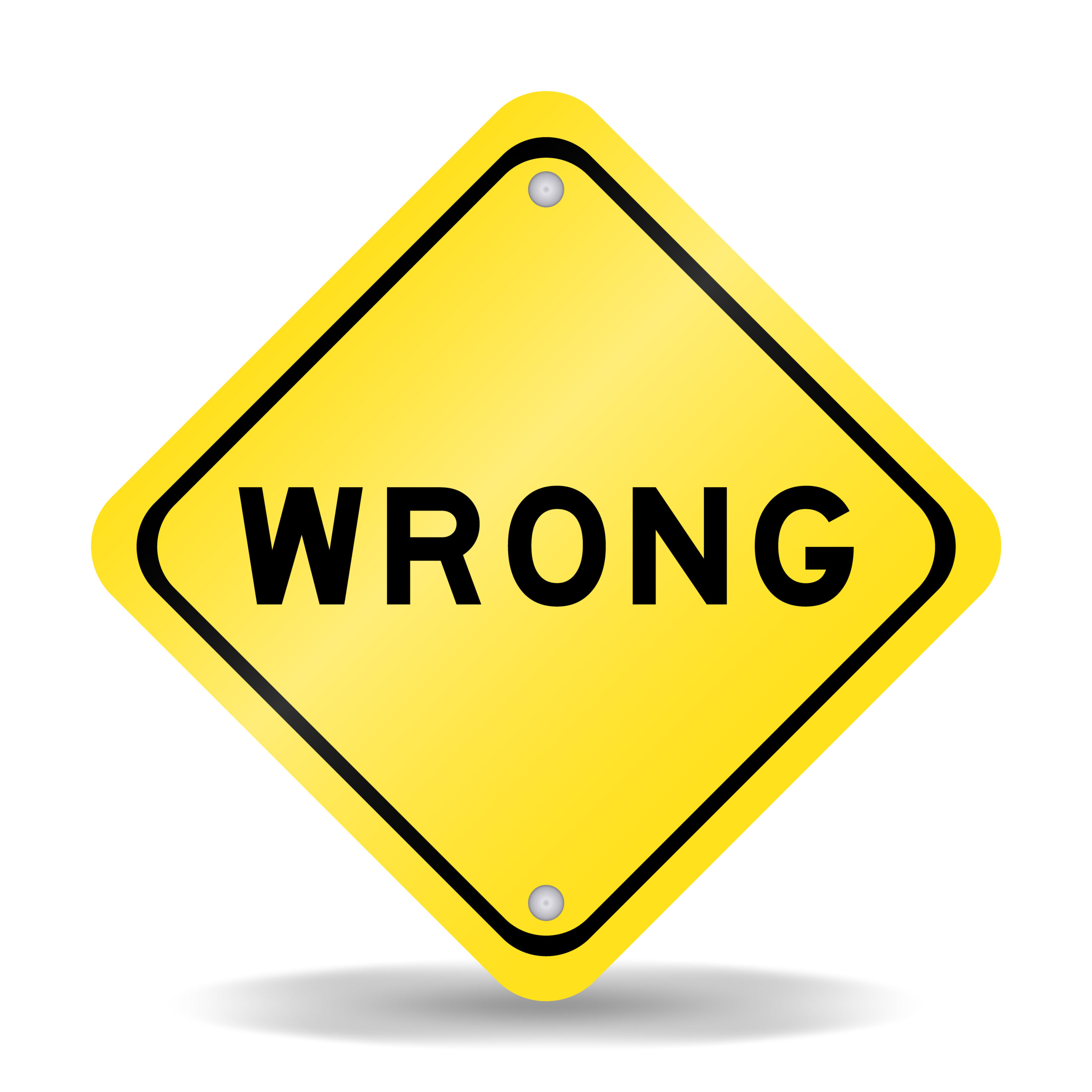“[T]he formation of a new panel—through the addition of a new judge whose vote changed the outcome of the appeal—exceeded the court of appeals’ authority.” – Brief of law professors and civil procedure scholars
A number of amici weighed in this week on Novartis Pharmaceuticals’ petition to the U.S. Supreme Court asking the Justices to consider whether the U.S. Court of Appeals for the Federal Circuit (CAFC) should have been allowed to vacate the decision of a previous three-judge panel composed of different judges, thus invalidating Novartis’ patent for a dosing regimen for its multiple sclerosis drug, Gilenya.
In January of this year, Novartis followed through on its September 2022 promise that it would appeal the CAFC’s June 2022 decision invalidating its U.S. Patent No. 9,187,405 to the Supreme Court, after the CAFC denied its request to rehear the case.
The two questions presented by the petition are:
- Whether 28 U.S.C. § 46 and principles of sound judicial administration preclude a court of appeals from adding a new judge to form a new panel and redecide a case after an original three-judge panel has already decided the case and entered its judgment.
2. Whether 35 U.S.C. § 112 should be interpreted consistent with its plain text as requiring that a patent specification contain a “written description of the invention” in a form that need only be understandable to “any person skilled in the art,” or whether the court of appeals properly read in a heightened requirement that allows it to deem the specification inadequate on de novo review and displaces the perspective of a person skilled in the art.
In the original CAFC ruling, Chief Judge Moore had dissented from the majority’s decision to uphold the patent; in the rehearing, Moore then authored the opinion vacating the January decision, with Judge Linn dissenting.
In the second CAFC decision, the panel majority noted that adequate written description for a negative claim limitation exists when “the specification describes a reason to exclude the relevant [element],” citing to the Federal Circuit’s 2012 per curiam ruling in Santarus, Inc. v. Par Pharmaceutical, Inc. “Silence is generally not disclosure,” wrote Chief Judge Moore, reiterating a point she raised in her earlier dissent.
In its petition, Novartis underscored that it is now “only in the Ninth and Federal Circuits [that] an already-entered decision can be overturned without en banc review and without any change of mind by a panel judge, by adding a new judge for ‘panel’ rehearing.”
On February 21, three amici weighed in to support Novartis.
IP Professors
A group of intellectual property law professors, including Adam Mossoff, Kristen Osenga, Emily Michiko Morris and four others, focused on the substantive implications of the Federal Circuit’s decision to reverse the earlier panel holding, explaining that “the new written description standard conflicts with the flexible approach to written description advocated by this Court and by the en banc Federal Circuit.” The panel’s holding that “a patent owner now must show that any claim limitation not recited in haec verba in the specification must be understood by a skilled artisan to be ‘always’ or ‘necessarily’ present” is too rigid, the professors added.
Additionally, the panel failed to defer to the fact-finding of the district court and four experts, in violation of Fed. R. Civ. P. 52(a)(6) and the CAFC’s own precedent, the brief said.
Law Professors and Civil Procedure Scholars
The next amicus brief was submitted by law professors and civil procedure scholars, who focused on the procedural flaws in the case. The brief dubbed the circumstances of the case “remarkable” and said the addition of a new judge to form the second panel was “legally unnecessary.” The brief explained:
“Under 28 U.S.C. § 46(d), the two judges remaining on the first panel constituted a quorum with full authority to decide the petition for panel rehearing. But more than that, the formation of a new panel—through the addition of a new judge whose vote changed the outcome of the appeal—exceeded the court of appeals’ authority.”
The brief called the outcome of the second panel’s decision “startling,” “unauthorized” and “one-sided,” and said it “will encourage more losing parties to bring the most inefficient, vexing, and unproductive type of rehearing petition: one that merely rehashes arguments the panel has already rejected.”
Retired Circuit Judges
Finally, a number of retired U.S. Circuit Judges submitted a brief arguing that the Federal Circuit’s and Ninth Circuit’s approach to reconstituting divided panels with a new judge following a judge’s retirement “cannot be squared with the law or sound judicial practice.” The judges said the Federal Circuit’s system is plainly wrong and that “panel rehearing is not supposed to be a do-over for the losing side.” The panel that rehears the case is supposed to be the same panel that originally heard the case, said the brief.
While the Federal Circuit failed to explain why it replaced a retired judge and reversed the decision, the Ninth Circuit has justified its practice on the premise that the court has “authority to withdraw or amend its opinion at any time before the issuance of the mandate.” However, the judges said this approach “overstates the meaning of the period between the judgment and the mandate” and implies that a published opinion is “only part way through its finalization process.” Like the law professors and civil procedure scholars, the retired judges said that the remaining two-judge quorum of a panel in which the third judge has retired should rehear the case.
HEC Pharmaceuticals has not yet filed its response brief with the Court.
Image Source:Deposit Photos
Image ID: 637848838
Author: thaneeh.gmail.com

![[IPWatchdog Logo]](https://ipwatchdog.com/wp-content/themes/IPWatchdog%20-%202023/assets/images/temp/logo-small@2x.png)


![[Advertisement]](https://ipwatchdog.com/wp-content/uploads/2024/04/Artificial-Intelligence-2024-REPLAY-sidebar-700x500-corrected.jpg)
![[Advertisement]](https://ipwatchdog.com/wp-content/uploads/2024/04/UnitedLex-May-2-2024-sidebar-700x500-1.jpg)
![[Advertisement]](https://ipwatchdog.com/wp-content/uploads/2024/04/Patent-Litigation-Masters-2024-sidebar-700x500-1.jpg)

![[Advertisement]](https://ipwatchdog.com/wp-content/uploads/2021/12/WEBINAR-336-x-280-px.png)
![[Advertisement]](https://ipwatchdog.com/wp-content/uploads/2021/12/2021-Patent-Practice-on-Demand-recorded-Feb-2021-336-x-280.jpg)
![[Advertisement]](https://ipwatchdog.com/wp-content/uploads/2021/12/Ad-4-The-Invent-Patent-System™.png)






Join the Discussion
No comments yet.